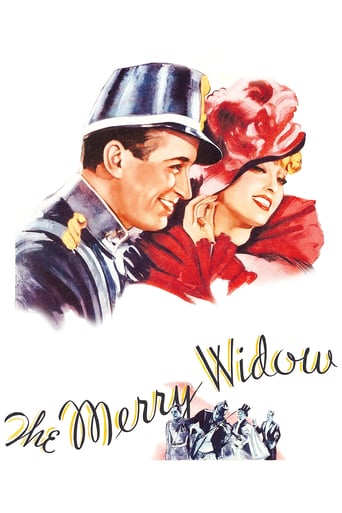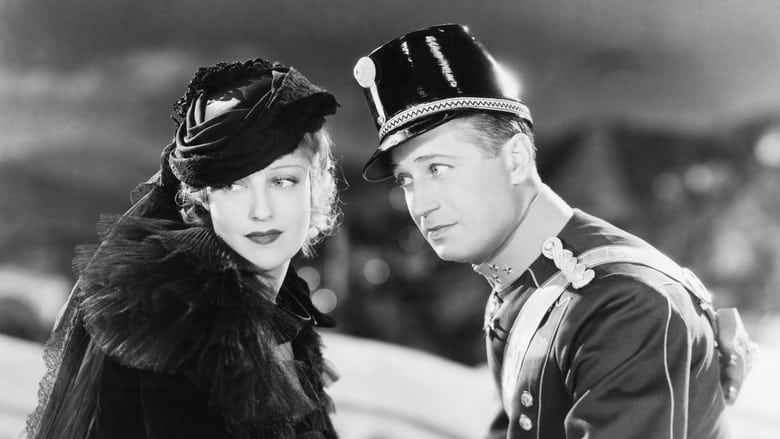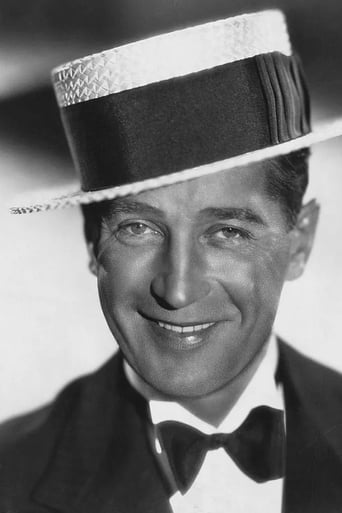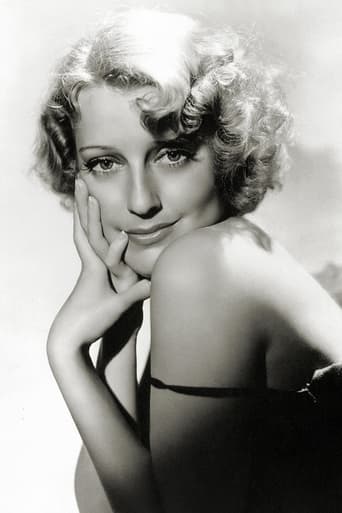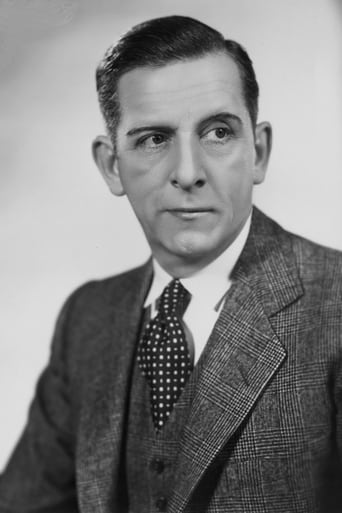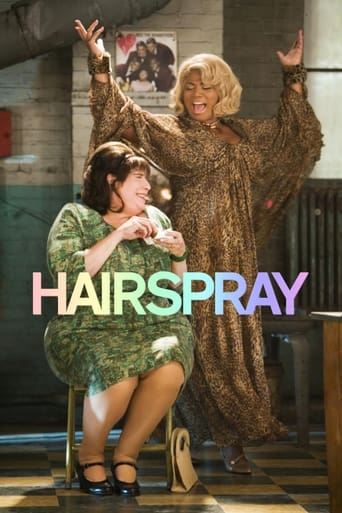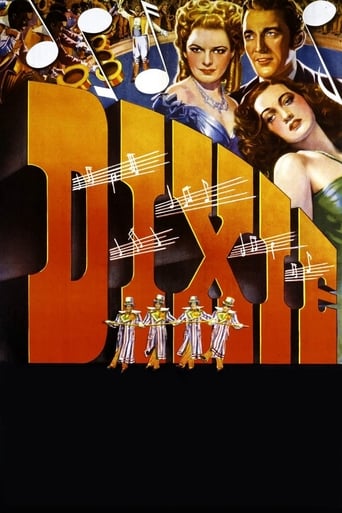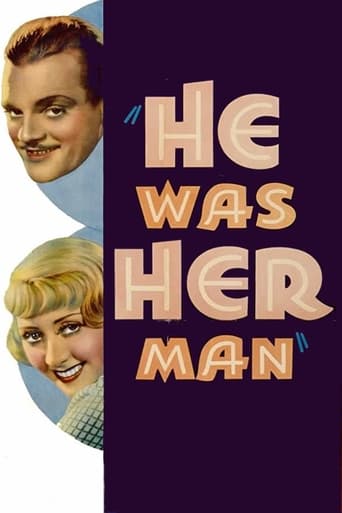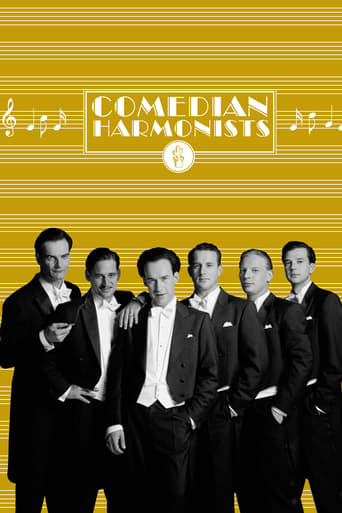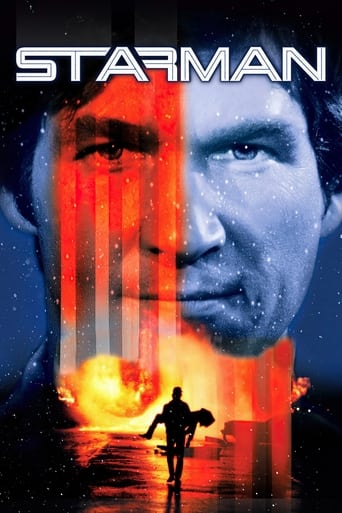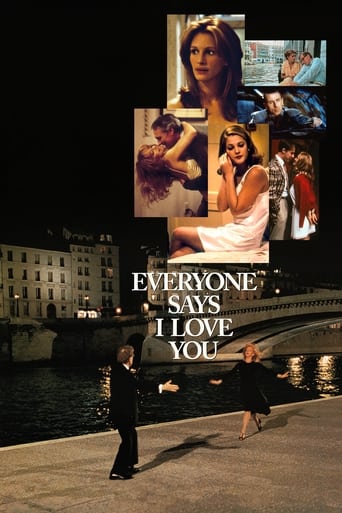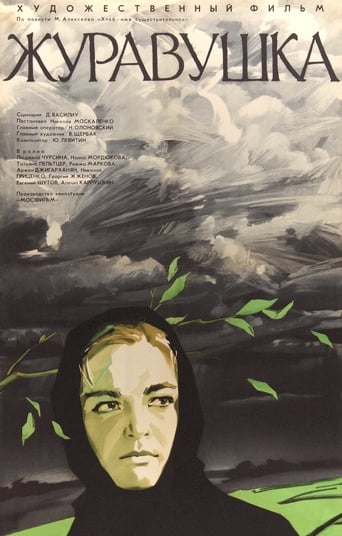The Merry Widow (1934)
A prince from a small kingdom courts a wealthy widow to keep her money in the country.
Watch Trailer
Free Trial Channels
Cast


Similar titles
Reviews
Plot so thin, it passes unnoticed.
Memorable, crazy movie
This is a tender, generous movie that likes its characters and presents them as real people, full of flaws and strengths.
It's a mild crowd pleaser for people who are exhausted by blockbusters.
No need to add to the many reviews finding this a delightful, well made film. It is every bit that. Yet, this film violates one of the principles of truth in filming. It is NOT the Lehar Merry Widow. At best it is a distant cousin. To be sure, the film uses some of the music, albeit in odd places. and uses the names of some of the characters.One of the plot elements of both the Lehar and the Lubitsch is the need for the tiny country to have the widow marry to keep her millions in the country's bank. The male lead is Danilo in both but in Lehar he is a playboy count. Here he is a bold captain. In Lehar, the leads were lovers in the past. Here they are newly met. And so it goes.From the standpoint of faithfulness to the Lehar work, a work which still enraptures, this film is a travesty. Yet, it is a delightful travesty. Too bad they did not give it a different name.
Ernst Lubitsch directed some of the sweetest and funniest sex comedies of the 1930s and 1940s. He was fortunate enough to do three films with Maurice Chevalier and Jeannette MacDonald. They are all charming, but the last one may be the best. Here he took the best known operetta of Franz Lehar and turned it into a superb musical comedy, with new lyrics to tunes like "Maximes", "the Merry Widow Waltz", and "Girls, girls, girls, girls, girls" by Lorenz Hart. At the same time he maintained his marvelous sense of fun - something that may be very much missing from Eric Von Stroheim's earlier, silent film version (that became a study in Balkan politics).THE MERRY WIDOW was composed in 1905, shortly after a major scandal involving the nation of Montenegro. This land still exists, and (with Serbia) retains the now useless joint name of Yugoslavia - the Balkan state that once faced Italy and combined eight countries. Montenegro was a kingdom in 1905, and it's ruler had a Crown Prince named Danilo, who created major scandal by his doings in Paris. Lehar, a Viennese composer (and so, one who usually made fun of the Slavic states) took the story and the name of the Crown Prince, retaining the setting in the embassy in Paris. In Lehar's operetta, the homeland of Pontrevekkio (note how it sounds like Montenegro) is on the verge of bankruptcy, unless the richest widow in the country (Sonia) marries a citizen of the state. She is being pursued by eligible Frenchmen in Paris, so the Pontrevekkian embassy decides to have Count Danillo, a member of the staff there, romance and marry her. The complications that ensue are amusing. Lehar's music is not as waltz oriented on the whole as Johann Strauss II, except for the famous "Merry Widow" number. Most of the tunes have more of a Parisian flair, and one ("Vilia") has a lovely haunting effect. It remains his most popular operetta, although he was to do "THE COUNT OF LUXEMBURG" and "THE LAND OF SMILES" as well.Montenegro did complain (like the Japanese complained about Gilbert and Sullivan's THE MIKADO). The major change in the book nowadays is the name is usually not Pontrevekkio, but Marshovia. When Von Stroheim did his silent version, he concentrated on the Balkan politics involving the Crown Prince, his "cousin" Prince Danillo, Sonia, her rich, insane husband, and the throne. The cast in that had been quite stunning for a 1925 movie, with John Gilbert as Danillo, Roy D'Arcy as the grinning, sadistic Crown Prince, Mae Marsh as Sonia, and Tully Marshall as the sexually mad Baron who weds Sonia (and suffers a stroke on their wedding night). Full of sexual ideas (Marshall has such a foot fetish that he dies having his nose in Marsh's pumps), the highpoint was the waltz, wherein Gilbert and Marsh realize their love to Lehar's strains (the music at that point of the silent version was always the Lehar "Merry Widow" Waltz). It remains a masterpiece of silent cinema (and another proof of Von Stroheim's peculiar genius), but it is not a light hearted as the operetta it was based on.Lubitsch is different. He has fun showing what little Marshovia is like, with sheep and goats appearing all over the streets and in the public buildings. The King (George Barbier) is aware that his wife (Una Merkle) is less than satisfied with him, and has a famous "freudian" moment when he returns without warning to get his ceremonial sword, grabs one, and finds he can't get the belt around his girth. He returns to his antechamber, and confronts Lt. Danillo with his wife. King Achmet is upset, but his solution - he'll cover up the scandal but sends Danillo to Paris.There are many good moments: Danillo's trial for treason is one. So is Ambassador Popoff (Edward Everett Horton) having his aide (Herman Bing) translate a coded message from King Achmet, which basically calls him a blockhead. And, yes, the film chemistry between Maurice and Jeannette is retained, as in their three other movies. But they could not have made more films together. Nolan disliked Chevalier - he had a habit of pinching her. Chevalier thought she was a hypocrite, because (at the time) she was having an affair with Gene Raymond (whom she eventually married). When she was teamed with Nelson Eddy, she and Eddy happened to be quite close friends, which is why their total film output together is eight films.I notice that Clark Gable had some kind of cameo appearance here (it is not in the billing). Two years later he and Jeanette would appear together in SAN FRANCISCO.
Is is possible to rate a movie zero? This movie is one of the worst. The Lehar Merry Widow is full of great charm, a lovely plot and, of course, wonderful music. Some of the music survives -although ill presented- but the plot has been butchered and the charm is all gone. Is is simply awful.Maurice Chevalier is miscast -he is fine in many roles, but not this one. Jeanette MacDonald does not have the right voice, and I have never before seen Edward Everett Horton detract from a movie. Think of how good is was in the Astaire-Rodgers musicals. The sets and costumes have a heavy, unpleasant look which is the opposite of what the operetta calls for. I have to rate it was a complete failure.
MGM's second version of 'The Merry Widow', this time using the music of Lehar's operetta and starring Jeanette MacDonald and Maurice Chevalier in the roles previously filled by Mae Murray and John Gilbert in the silent movie.Jeanette MacDonald is a revelation here if you've only seen her in the films which teamed her with Nelson Eddy from 1935 and 1942. Her Sonia is sparky, flirty, and naughty, and naturally in beautiful voice as ever. Maurice Chevalier brings his considerable Gallic charm to the role of Count Danillo, while familiar character faces of the period flesh out the supporting cast (Edward Everett Horton, Donald Meek, Una Merkel, Sterling Holloway).The film looks sumptuous, with beautiful sets and striking black and white photography. Definitely one of the key musicals of the 1930s.

